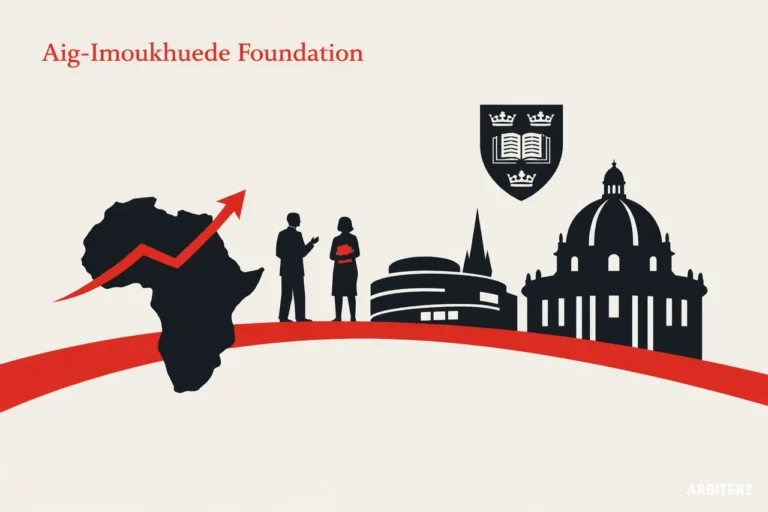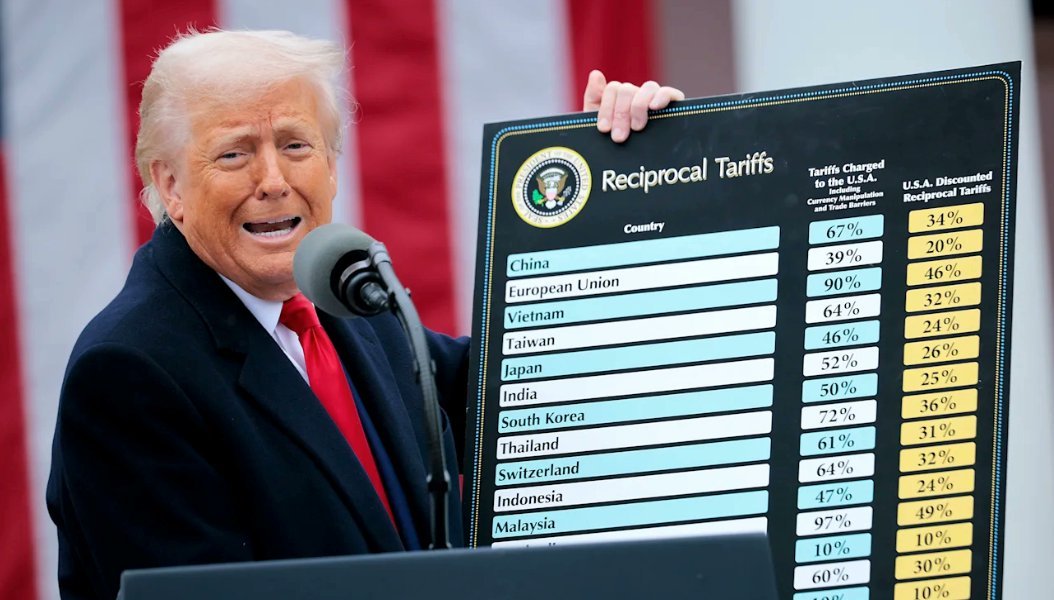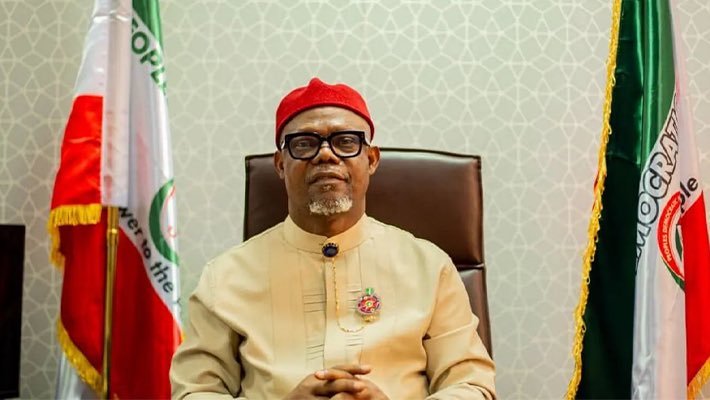Nigeria’s kidnap-for-ransom industry has reached alarming levels, with citizens paying at least N2.56 billion between July 2024 and June 2025 to secure the release of abducted relatives.
This represents a sharp 144% increase from N1.05 billion paid in the previous year, according to a new report by SBM Intelligence.
Kidnappers demanded a staggering N48 billion during the review period, but only 5.35% of that figure was eventually paid. In total, 4,722 Nigerians were abducted in 997 incidents, while 762 people lost their lives to abduction-related violence.
The surge in ransom payments highlights how Nigeria’s insecurity is directly linked to its macroeconomic crisis. In 2024, N1.05 billion in ransoms equaled about $655,000, but by 2025, despite families paying N2.56 billion, the dollar value stood at only $1.66 million.
This mismatch underscores the devastating impact of inflation and currency depreciation, forcing kidnappers to demand higher sums in naira to hedge against the weakening currency. Families, in turn, are compelled to part with larger amounts even as inflation erodes household purchasing power.
Ransom negotiations often begin with extravagant demands, sometimes far beyond what victims’ families can afford. In Delta State, abductors requested N30 billion for three family members, representing 62.5% of all ransom demands nationwide in one stroke.
Payments are frequently reduced after bargaining, and in some cases, food and household goods are added when cash is scarce. Despite this, the financial toll continues to rise, draining communities, wiping out savings, and pushing families into crippling debt or emergency crowdfunding.
The Northwest accounted for 62% of kidnapping victims, with Zamfara recording 1,203 abductions, Kaduna 629, and Katsina 566. Katsina also suffered the highest civilian fatalities, underlining the deadly nature of ransom-seeking in the region.
High-profile cases inflated national totals, including the abduction of Justice Haruna Mshelia in Borno, which led to a ransom payout of N766 million, nearly 30% of all ransom collected nationwide. Islamist insurgents such as Boko Haram and its affiliates claimed roughly one-third of ransom proceeds, using the funds to strengthen their operations.
For ordinary Nigerians, ransom payments often mean liquidating life savings or relying on community crowdfunding, creating a vicious cycle of financial and emotional devastation. Beyond being a security nightmare, Nigeria’s kidnap-for-ransom crisis has become a parallel economy that erodes households and fuels insurgency financing.
With kidnappers adapting to inflation and exchange rate pressures, Nigeria’s ransom economy is both a symptom of weak governance and a driver of deeper insecurity. Without urgent intervention, the convergence of crime and ideology will continue to destabilize communities and drain fragile household economies.


























